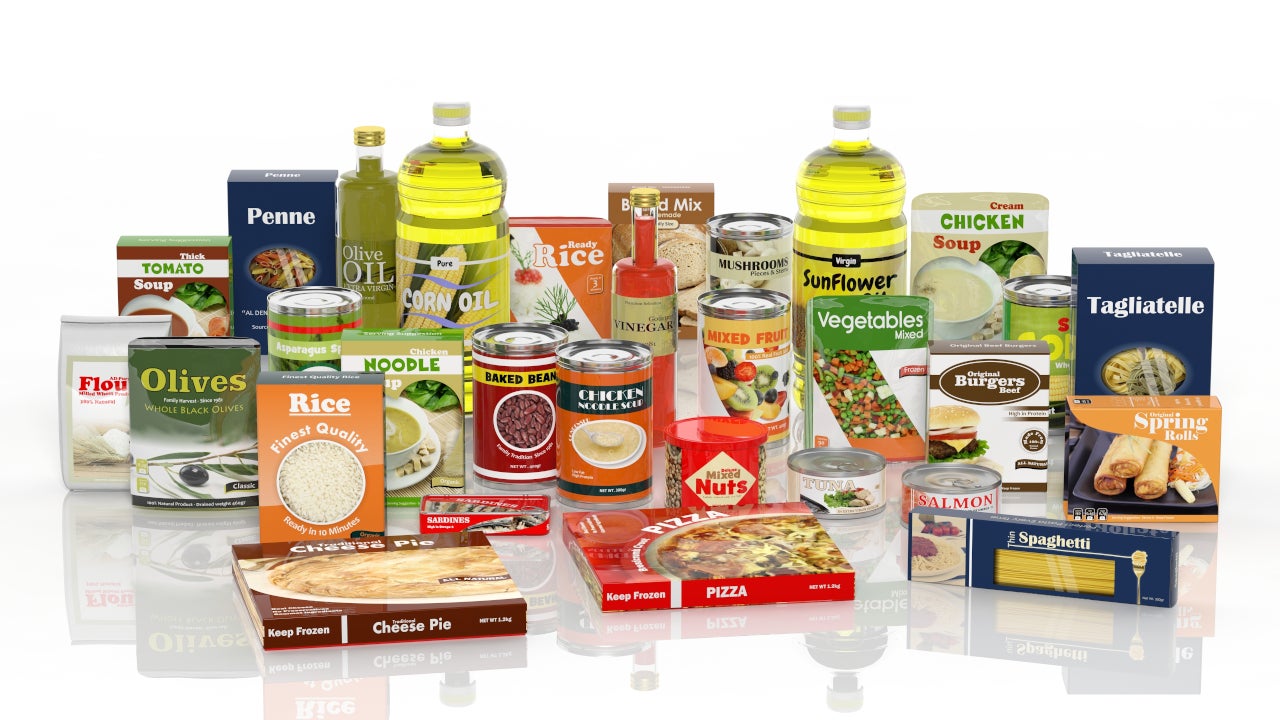Introduction
In the highly managed food industry, contract makers play a crucial duty in bringing products to market. These firms focus on creating and product packaging foodstuff on behalf of various other firms, allowing brand names to focus on marketing and also distribution. However, contract makers need to navigate a complicated landscape of food labeling needs to make sure compliance with Australian laws. This article gives understandings and support for contract manufacturers operating in Australia, covering subjects such as contract food manufacturing, food safety and security standards, labeling needs, and also more.
Contract Food Manufacturing: Meeting the Demand for Outsourcing
Contract food manufacturing has actually come to be progressively preferred recently as services look to outsource their manufacturing needs. This plan allows business to leverage the competence and resources of specialized makers while focusing on their core expertises. In Australia, contract food manufacturing is a thriving market, with companies using a variety of solutions, consisting of product advancement, formula, product packaging, and quality control.
Understanding Food Security Specifications in Australia
Food security is of extremely important importance in the agreement manufacturing sector. Contract producers need to adhere to stringent regulations to ensure the security and also honesty of the products they create. In Australia, these requirements are set by Food Standards Australia New Zealand (FSANZ) as well as implemented by state as well as region regulatory authorities.
The Good Manufacturing Practices (GMP) guidelines supply a structure for guaranteeing that food products are manufactured constantly and also fulfill top quality requirements. Contract makers must implement robust quality assurance systems to follow GMP needs. This includes establishing treatments for ingredient sourcing, production processes, storage, managing, product packaging, labeling, and Contract food processing distribution.

Meeting Identifying Needs: Secret Considerations
Accurate as well as insightful labeling is necessary for making sure consumer safety and security and also advertising transparency in the marketplace. Contract producers have to familiarize themselves with Australian labeling needs to avoid expensive blunders or potential lawful issues. Here are some essential considerations when it pertains to food labeling in Australia:
1. Necessary Tag Information
Australian food labeling regulations call for particular info to be shown on item labels. This consists of the product name, components list, allergen info, dietary information, as well as country of origin. Agreement producers must ensure that all necessary tag information is accurate and also clearly legible.
2. Irritant Management
Allergen monitoring is an important aspect of food labeling in Australia. Contract producers must have robust systems in place to avoid cross-contamination and also precisely state the presence of allergens on item labels. This involves carrying out complete threat analyses, applying segregation steps, as well as routinely screening for allergen traces.
3. Nutritional Information
Nutritional information is an important consideration for customers when making getting choices. Australian food labeling regulations call for agreement makers to give accurate and standardized dietary details on their products. This includes the power value (calories), healthy protein content, fat web content, carbohydrate content, as well as any kind of other appropriate nutrient information.
4. Native Land Labeling
Country of origin labeling is an additional demand that contract manufacturers must abide by in Australia. This involves clearly indicating the country or countries where the product was made or expanded. The Australian Competition and also Customer Payment (ACCC) supplies guidelines on just how to satisfy country of origin labeling requirements.
5. Wellness Claims and Advertising Messages
Contract suppliers ought to also know the guidelines bordering wellness insurance claims as well as advertising and marketing messages on food labels. In Australia, any type of cases made about the wellness benefits or homes of an item must be sustained by scientific evidence and abide by certain laws established by FSANZ.
FAQs: Typical Questions Concerning Food Labeling Demands in Australia
What are the repercussions of non-compliance with food labeling requirements in Australia? Non-compliance with food labeling requirements can cause legal fines, including fines or product recalls. It can also damage a brand name's reputation and also wear down customer trust.
Are there certain labeling needs for health food products in Australia? Yes, organic food products have additional labeling demands in Australia. They must be certified by a recognized natural certifier and show the appropriate accreditation logo.
Can contract manufacturers assist with product advancement and formulation? Yes, several agreement manufacturers offer item development as well as solution solutions. They can aid in developing personalized formulations that meet certain nutritional or dietary requirements.

What is the function of agreement producers in guaranteeing food security? Agreement manufacturers are responsible for carrying out durable food security systems, consisting of GMP guidelines, to make sure the security as well as stability of the items they produce.

Are there any kind of exemptions to food labeling requirements for small companies? Small businesses might be qualified for certain exceptions or simplified labeling needs. Nonetheless, it is important to seek advice from governing authorities or seek lawful recommendations to establish eligibility.
How can get manufacturers stay upgraded on adjustments to food labeling laws? Contract producers must routinely keep an eye on updates from FSANZ and also various other governing bodies. They can additionally involve with industry associations as well as go to pertinent workshops or workshops to stay informed.
Conclusion
Navigating food labeling demands in Australia is a complex job for contract producers. Compliance with regulations is important to ensure customer security as well as maintain trust in the market. By comprehending the vital considerations outlined in this article, contract manufacturers can navigate the governing landscape effectively while supplying high-quality products that fulfill sector standards. Partnering with skilled specialists who concentrate on food labeling and compliance can further improve an agreement supplier's capability to meet these needs successfully.